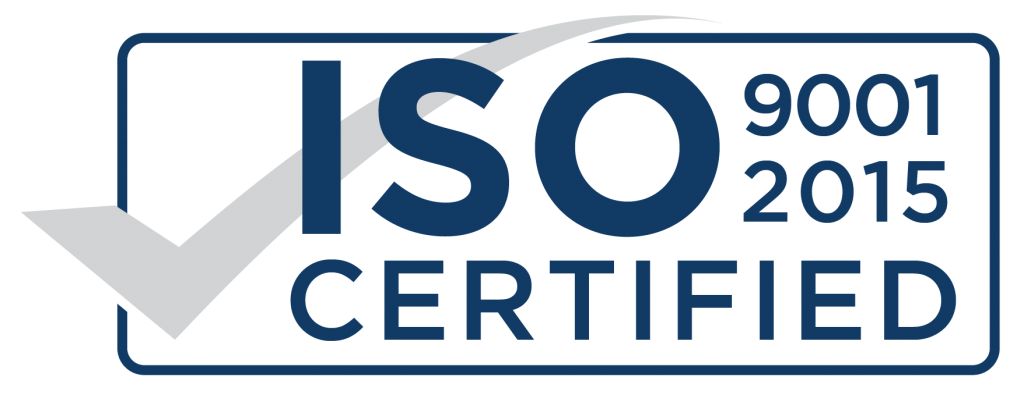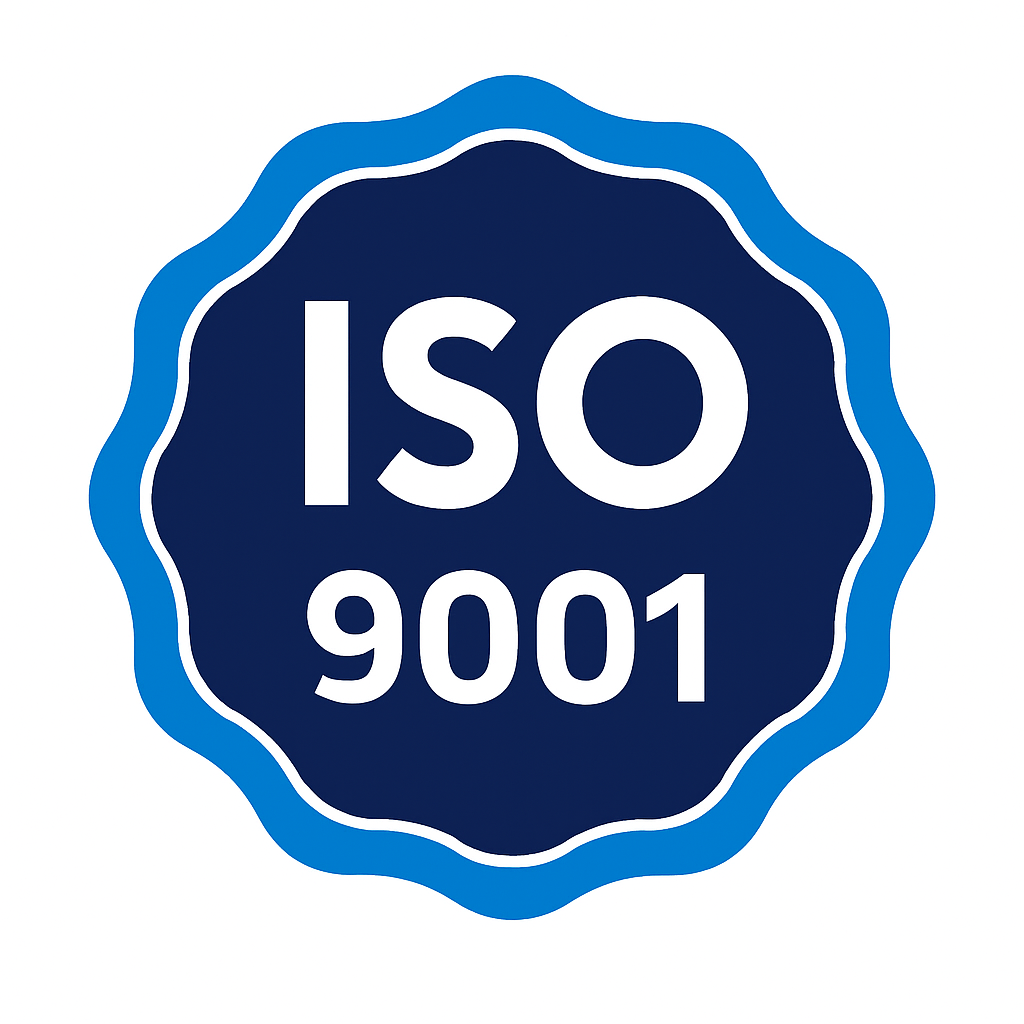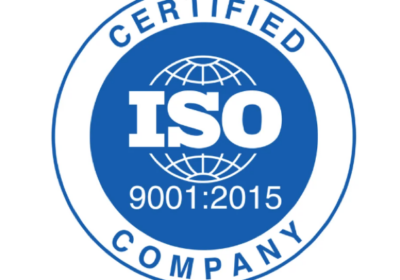Understanding ISO 9001 Certification: A Guide to Quality Management Systems

Understanding ISO 9001 Certification: A Guide to Quality Management Systems
To stay competitive in today’s market, maintaining a consistent level of quality across products and services is crucial for long-term success. One of the most globally recognised standards for ensuring quality is ISO 9001. Whether you’re new to the concept or looking to deepen your understanding, this blog will break down what the ISO 9001 requirements and certification means, why it matters, and how it can benefit your organisation.
What is ISO 9001?
ISO 9001 is part of the ISO 9000 family of standards related to quality management systems (QMS). It was first published in 1987 by the International Organization for Standardisation (ISO) and has since undergone several revisions, with the latest version being ISO 9001:2015. This standard is designed to help organisations meet the needs of customers and other stakeholders while complying with statutory and regulatory requirements related to product or service quality.
In essence, ISO 9001 focuses on process-oriented management and emphasises a systematic approach to managing and improving the quality of products or services.
Why ISO 9001 Certification Matters
Achieving ISO 9001 certification demonstrates that an organisation has implemented a robust quality management system (QMS) that ensures consistent delivery of high-quality products and services. It signals to customers, partners, and stakeholders that the organisation prioritises quality and is committed to continuous improvement.
Here are some key reasons why ISO 9001 certification is important:
- Increased Credibility and Reputation: ISO 9001 is globally recognised, and certification can boost your organisation’s credibility in the market. Clients and partners are more likely to trust a company with a proven track record of quality.
- Improved Customer Satisfaction: ISO 9001 emphasises customer satisfaction by ensuring that customer requirements are met consistently. This focus helps reduce complaints and increases customer loyalty.
- Operational Efficiency: The standard encourages the adoption of efficient processes, reducing waste and lowering costs. ISO 9001 promotes a continuous improvement culture, which results in better resource management and operational effectiveness.
- Risk Management: ISO 9001 requires organisations to identify potential risks in their processes and develop strategies to mitigate them. This risk-based approach leads to more stable and predictable operations.
- Global Market Access: For businesses looking to expand internationally, ISO 9001 certification can serve as a passport to new markets. Many companies and supply chains prefer or require suppliers to have ISO 9001 certification.
- Employee Engagement: A well-structured QMS improves internal communication and ensures that everyone within the organisation understands their role in maintaining quality, leading to a more engaged and motivated workforce.
The Key Principles of ISO 9001
ISO 9001 is built on seven fundamental principles of quality management that guide organisations in their efforts to enhance customer satisfaction and operational performance:
- Customer Focus: Meeting customer needs and exceeding their expectations is central to the ISO 9001 framework. Organisations should strive to understand their customers’ requirements and continuously improve their products and services.
- Leadership: Effective leadership sets the direction for the organisation and ensures that the QMS aligns with its strategic goals. Leaders are responsible for fostering a culture of quality and providing the necessary resources.
- Engagement of People: Successful implementation of ISO 9001 requires the involvement of all employees. Empowered and engaged employees are more likely to contribute to improving processes and ensuring quality.
- Process Approach: ISO 9001 advocates a process-based approach to managing activities. By understanding how individual processes interact and function as part of a system, organisations can optimise performance.
- Improvement: Continuous improvement is a cornerstone of ISO 9001. Organisations are encouraged to regularly assess and improve their processes to achieve better results and greater efficiency.
- Evidence-Based Decision Making: Decision-making should be based on data and facts. ISO 9001 requires organisations to monitor, measure, and analyse performance data to make informed decisions.
- Relationship Management: Building strong relationships with suppliers and other interested parties is essential for sustained success. ISO 9001 promotes the management of these relationships to enhance performance.
Steps to Achieve ISO 9001 Certification
If you’re considering ISO 9001 certification for your organisation, here’s an overview of the typical process:
- Understand the Requirements: Familiarise yourself with the ISO 9001:2015 standard to understand its requirements and how they apply to your organisation.
- Gap Analysis: Assess your current processes against the ISO 9001 standard to identify gaps and areas that need improvement.
- Develop a Quality Management System: Based on the gap analysis, implement or update your QMS to align with ISO 9001 requirements. This may involve documenting processes, creating quality policies, and setting objectives.
- Training and Awareness: Ensure that employees at all levels are aware of the new processes and understand their role in maintaining quality.
- Internal Audits: Conduct internal audits to evaluate the effectiveness of the QMS and identify any non-conformities.
- Certification Audit: Once your QMS is in place, you can apply for certification through an accredited third-party certification body. The certification audit process will assess whether your QMS meets ISO 9001 requirements.
- Ongoing Improvement: After obtaining certification, you’ll need to maintain and continuously improve your QMS through regular reviews and audits.
ISO 9001 certification is more than just a badge of honour—it’s a comprehensive framework for improving quality, enhancing customer satisfaction, and driving operational efficiency. By achieving ISO 9001 certification, your organisation can gain a competitive edge, build trust with customers, and establish a solid foundation for long-term success.
Contact us today to find out how we can assist with ISO 9001 requirements.

Call to Action
Contact us today to find out how we can assist with your site safety audits. Email info@auditco.com.au or call us on 1300 706 491.
Understanding ISO 9001 Certification: A Guide to Quality Management Systems
Related Posts

ISO 9001 as a Business Improvement Tool – Not Just a Certificate
ISO 9001 as a Business Improvement Tool – Not Just a Certificate ISO…

How ISO9001 Certification Enhances Quality Management and Business Success
In today’s competitive business landscape, maintaining high-quality standards is crucial for sustained success. ISO 9001…
